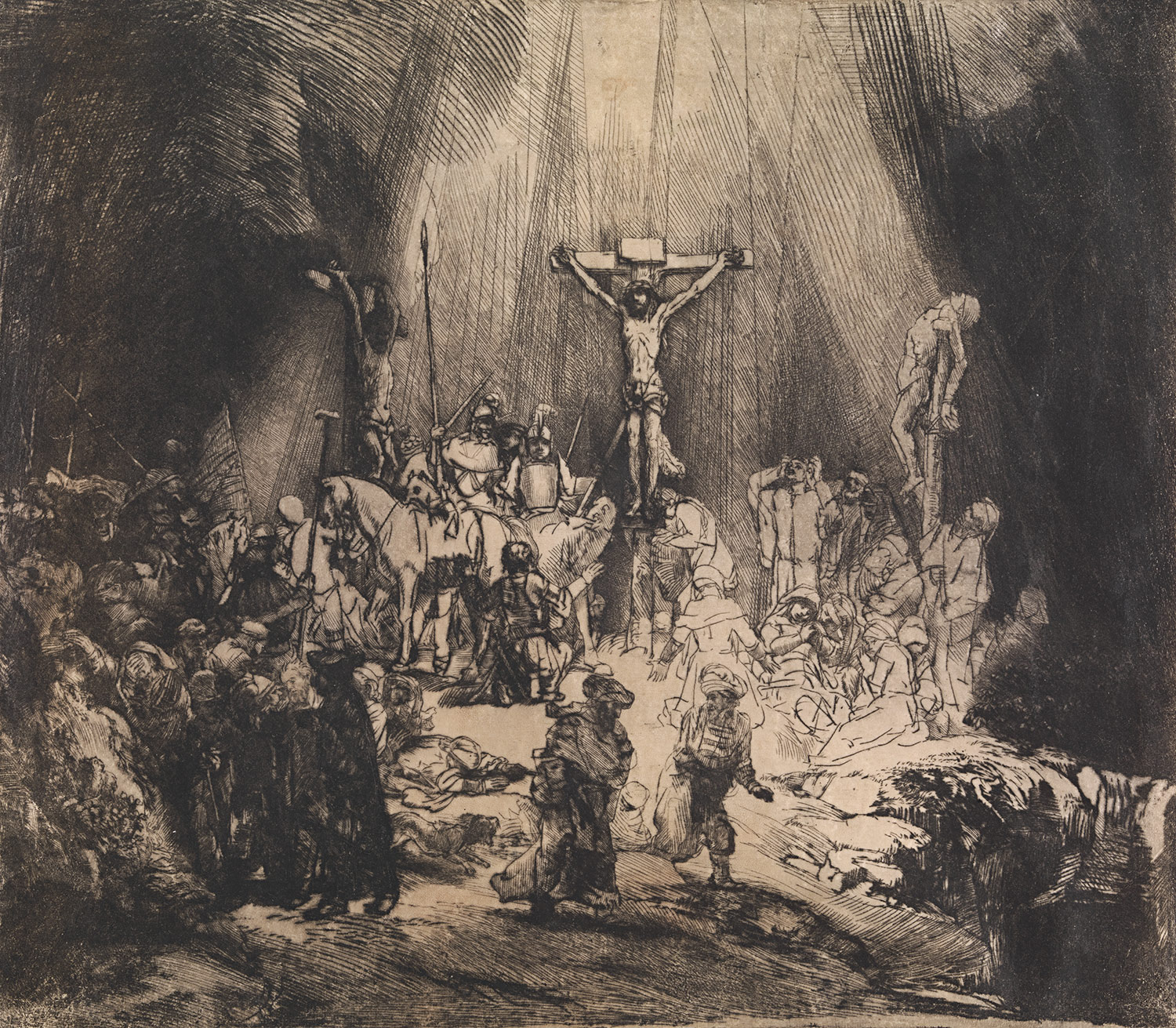The Promise of Salvation in Christ
Consequently, he [Jesus] is able to save to the uttermost those who draw near to God through him, since he always lives to make intercession for them.
Heb. 7:25
Saving faith believes God’s word and actions in Jesus Christ while staking our lives on His promises.  Faith relies on God’s guarantee in Christ that all our sins have been forgiven, forgotten, and defeated. We are now bound in covenant to Christ placing our lives in his hands. His covenant is an binding promise that the Lord God will love us unconditionally all the days of our lives.
True faith passively receives the benefits of Christ’s victory on the cross resulting in active obedience to Christ’s commands and acquiescence to the leading of the Holy Spirit. Saving faith does not involve meriting salvation by human work. However, genuine faith will bear good fruit: an expression of the life of Christ in us. Good deeds are not the foundation of our acceptance with God, but the correct response and fruit of a living relationship with him.
More than merely mentally ascending to the basic facts of the gospel message; saving faith involves life-changing repentance, heart-felt surrender, and supernatural empowerment to obey. Saving faith grabs hold of the promise that all that Christ did on the Cross is more than sufficient for our salvation and more than powerful to change our lives.
Faith alone lays hold of the promise, believes God when He gives the promise, stretches out its hand when God offers something, and accepts what He offers. This is the characteristic function of faith alone. Love, hope, and patience are concerned with other matters; they have other bounds, and they stay within these bounds. For they do not lay hold of the promise; they carry out the commands. They hear God commanding and giving orders, but they do not hear God giving a promise; this is what faith does.
Faith is the mother, so to speak, from whom that crop of virtues springs. If faith is not there first, you would look in vain for those virtues. If faith has not embraced the promises concerning Christ, no love and no other virtues will be there, even if for a time hypocrites were to paint what seem to be likenesses of them.
Martin Luther, Luther’s Works: Lectures on Genesis, Vol. 3 (1961)
HT: Miscellanies







